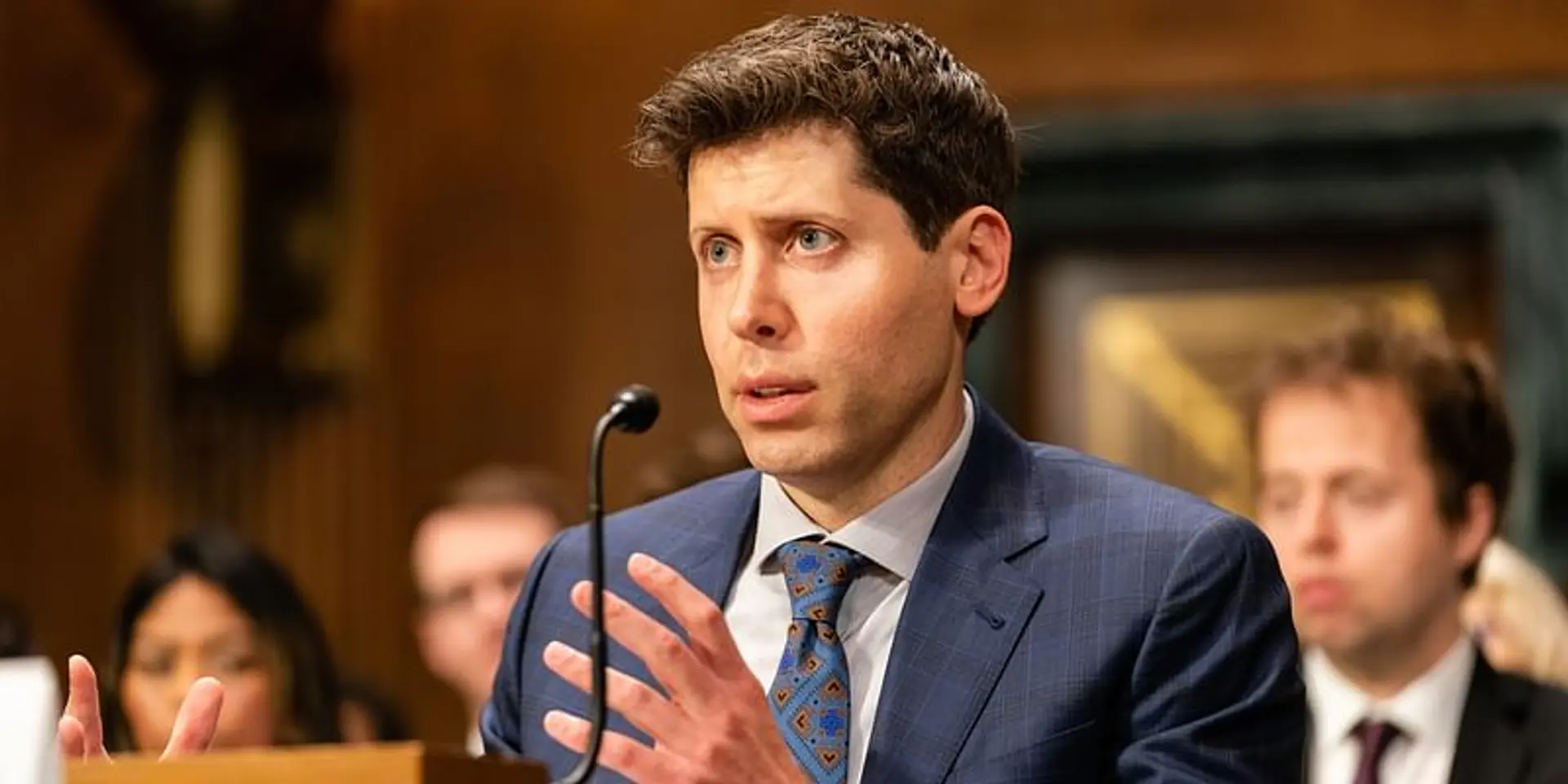Sam Altman on AI's Future: Key Insights from the Congressional Hearing
A comprehensive analysis of the recent Congressional hearing involving tech CEOs, discussing the potential impact and regulation of Artificial Intelligence
The recent Congressional meeting involving tech CEOs carried considerable substance, sparking a long-overdue dialogue on the potential impact and regulation of Artificial Intelligence (AI). This 3-hour hearing, attended by bipartisan lawmakers and industry leaders, discussed various aspects of AI, from its potential to disrupt society, to the need for regulation, and the role of the United States in global AI governance.
The hearing shed light on an emerging bipartisan consensus on the potential impact of AI. Senators across party lines likened AI's potential to other major technological and societal breakthroughs such as the creation of the internet, the Industrial Revolution, the printing press, and even the atomic bomb. The sense of urgency was palpable, with both Republicans and Democrats appearing open to the establishment of a government agency specifically tasked with regulating AI. This rare bipartisan agreement could potentially break the partisan deadlock that often characterises discussions on major issues.
However, while this marks the beginning of a series of hearings, the United States is notably trailing behind global efforts to regulate AI. The European Union is approaching the final version of its AI Act, and China is already working on its second round of generative AI regulations.
Sam Altman, CEO of , also contributed substantially to the discussion by voicing his support for AI regulation and proposing a comprehensive framework for the same. Altman proposed the creation of a government agency for AI safety oversight, equipped with the authority to license and regulate companies working on advanced AI models. He emphasised the need for guardrails against AI systems that can self-replicate, manipulate humans into ceding control, or otherwise violate safety standards.
In addition to domestic oversight, Altman advocated for international cooperation and leadership in regulating AI. He urged the U.S. to take the lead in establishing an international body similar to the International Atomic Energy Agency (IAEA) for AI regulation.
Regulation, especially the licensing of AI models, could significantly impact the AI industry, potentially benefiting private companies like OpenAI. Altman's advocacy for regulation, therefore, also serves to protect OpenAI's interests as it prepares to release a new open-source language model to counter the rise of other open-source alternatives.
However, Altman's stance on other key issues, such as copyright and compensation for creators whose works are used in AI training, remained notably vague. He agreed that creators should be compensated but did not elaborate on how. He also refrained from disclosing details about the training of OpenAI's recent models and their use of copyrighted content.
On the issue of Section 230, which protects social media companies from liability for user-generated content, Altman agreed that it does not apply to AI models. He called for new regulations, implying that AI models like OpenAI's ChatGPT could be held legally liable for their outputs under current laws.
Altman also recognised the potential threats posed by AI, especially to democracy and the societal fabric. He pointed out that AI could enable highly personalised disinformation campaigns on an unprecedented scale, causing significant harm to the world.
Despite these discussions, concerns remain about the potential for corporations to dictate the rules of AI regulation. Senator Cory Booker (D-NJ) and AI researcher Timnit Gebru expressed concerns about the concentration of AI power in the OpenAI-Microsoft alliance and the dangers of corporations writing their own rules. These concerns echo the current debates in the EU over AI legislation.
The recent Congressional hearing marked a significant shift in the dialogue around AI, highlighting its potential impact and the urgent need for regulation. While there is bipartisan agreement on the issue, the path forward is laden with complexities, as the U.S. grapples with balancing innovation and safety in the rapidly evolving landscape of AI
Photographer: Eric Lee/Bloomberg







